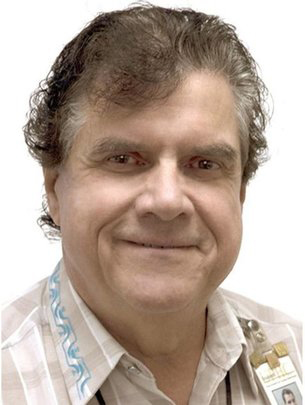The University of Southern California has been served with sexual abuse allegations against former gynecologist, Dr. George Tyndall. Five women have filed lawsuits and others are expected to be filed as more students are coming forward by the dozens.
Dr. Tyndall has been accused of abusing patients for years at U.S.C. which has caused the university to come under fire for the way it has handled these allegations. Accusations of improper conduct against Dr. Tyndall date back to the early 1990s. After his residency at Kaiser Permanente on Sunset Boulevard, USC hired Tyndall in 1989. He was accompanied by chaperone’s in the exam room and his exams came under question after chaperones became alarmed with his frequent use of cameras. After his actions were reported, then-Executive Director Dr. Lawrence Neinstein ordered the cameras to be removed.

His exams continued to be questioned and were seen as being outside of scope. At least three patients submitted letters of complaint in the early 2000s about inappropriate touching and remarks. USC did not report him to the Medical Board of California at the time. The university did disclose that after a recent review of Neinstein’s files, they had found eight complaints against Tyndall spanning from 2000 to 2014.
The university has been accused of covering up the allegations and allowing Dr. Tyndall to continue working at the student health center. It wasn’t until 2016 that he was suspended after a nurse complained and Tyndall received a financial settlement before he was forced to retire.
U.S.C. has defended it’s handling of the matter, denying any instance of a cover-up. University provost, Michael W. Quick wrote, “I have seen media reports allege that the university leadership knew about Dr. Tyndall’s misbehavior for a long time and that we covered it up for the sake of the USC brand. This is absolutely untrue. It is unthinkable. It is true that our system failed, but it is important that you know that this claim of a cover-up is patently false.”
During Tyndall’s time at the student health center, it had operated independently with no oversight from physicians or administrators. U.S.C. has changed this and now require all health care providers and faculty members to undergo a peer-review process and a demanding credential review.
State Law requires hospitals and clinics to notify the medical board when a physician has been disciplined, suspended or terminated. The university believed the law did not apply in Tyndall’s case. The school now claims it should have filed a complaint with the Medical Board in 2017.
